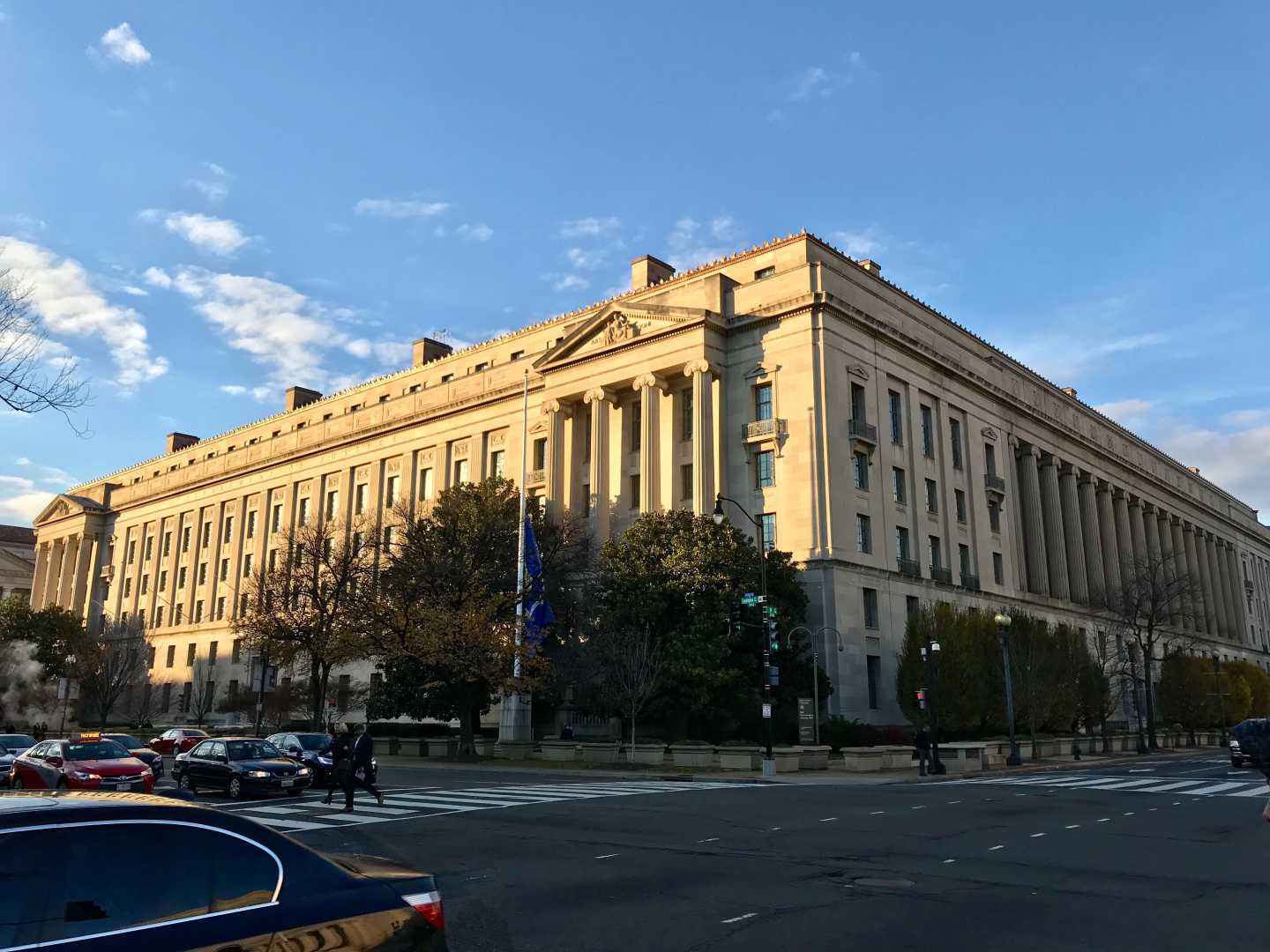Politics
U.S. Justice Department Cuts Key Task Forces in Major Reorganization

Washington, D.C. — The U.S. Justice Department has announced the closure of a task force focused on drug cartels and an office aimed at easing racial tensions, as part of a sweeping reorganization plan approved in September. This reorganization will eliminate about 275 positions and could result in the involuntary reassignment of approximately 140 employees, according to documents reviewed by Reuters.
The “Reduction in force” letters notifying affected employees were set to be sent earlier this week. The DOJ stated that these changes are intended to promote efficiencies and effective governance, although critics argue that they could significantly impair essential work within the department.
In a statement, the Justice Department claimed the cuts would save over $11 million and align with President Trump’s goal of creating a more efficient federal government. The reorganization aligns with broader federal efforts under the Trump administration, which has aimed at reducing international aid and environmental regulations while focusing resources on immigration enforcement.
Notably, the plan does not address a proposed merger between the Drug Enforcement Administration and the Bureau of Alcohol, Tobacco, Firearms and Explosives—an idea that sparked bipartisan opposition in Congress and pushback from employees of both agencies.
The closure of the Organized Crime Drug Enforcement Task Forces, established during Ronald Reagan‘s presidency in the 1980s, has drawn surprise from some officials. The task forces aimed to address major drug trafficking organizations, and current cases will be transferred to a new Homeland Security Task Force.
Critics, including Senator Chris Van Hollen, a Maryland Democrat, have expressed discontent with the DOJ’s approach, suggesting that changes were made without proper congressional approval. “This is not normal,” he stated in a letter to the department.
Stacey Young, a former DOJ attorney, emphasized that these decisions could harm the department’s law enforcement mission, saying, “This isn’t a reorganization — it’s a decimation of some of DOJ’s most vital work.” She added that the impact of these changes would be felt by the American public.
Other reorganization efforts include merging the DOJ office representing the U.S. in the international law enforcement alliance INTERPOL into the U.S. Marshals Service and combining sections in the Criminal Division that handle drug cases and money laundering. Records indicate these changes aim to eliminate significant bureaucratic spending.












